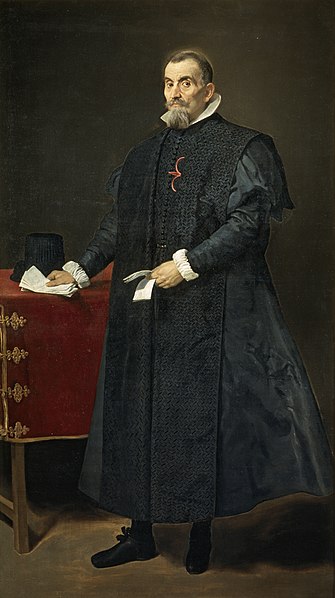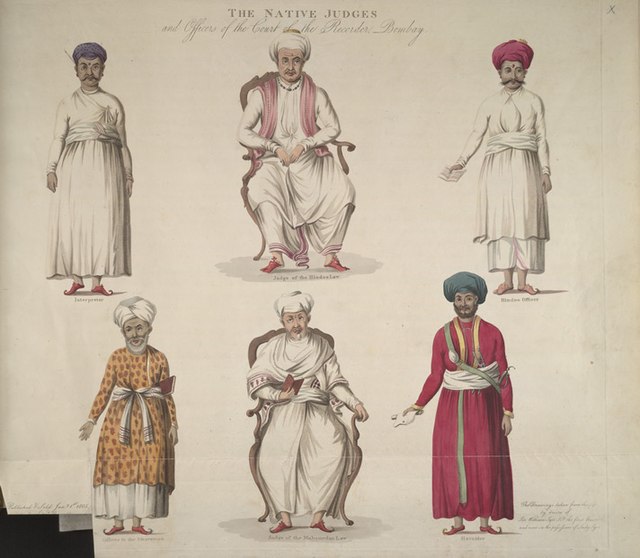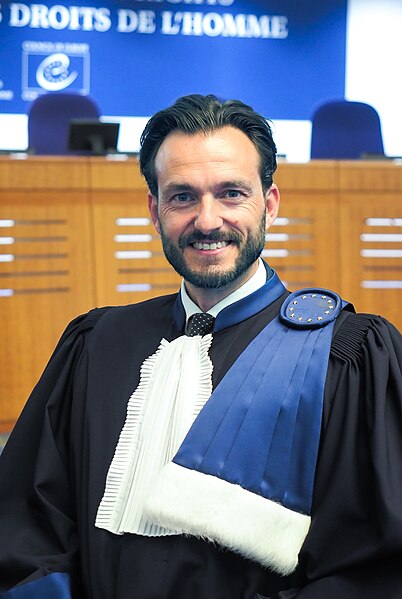A tribunal, generally, is any person or institution with authority to judge, adjudicate on, or determine claims or disputes—whether or not it is called a tribunal in its title.
For example, an advocate who appears before a court with a single judge could describe that judge as "their tribunal." Many governmental bodies are titled "tribunals" to emphasize that they are not courts of normal jurisdiction. For example, the International Criminal Tribunal for Rwanda was a body specially constituted under international law; in Great Britain, employment tribunals are bodies set up to hear specific employment disputes. In many cases, the word tribunal implies a judicial body with a lesser degree of formality than a court, in which the normal rules of evidence and procedure may not apply, and whose presiding officers are frequently neither judges nor magistrates. Private judicial bodies are also often styled "tribunals." The word tribunal, however, is not conclusive of a body's function—for example, in Great Britain, the Employment Appeal Tribunal is a superior court of record.

Andrew Birrell (after Henry Fuseli), Caractacus at the Tribunal of Claudius at Rome (1792)
The room where the Vierschaar adjucated in the former Amsterdam City Hall (now the Royal Palace)
A judge is a person who presides over court proceedings, either alone or as a part of a panel of judges. In an adversarial system the judge hears all the witnesses and any other evidence presented by the barristers or solicitors of the case, assesses the credibility and arguments of the parties, and then issues a ruling in the case based on their interpretation of the law and their own personal judgment. A judge is expected to conduct the trial impartially and, typically, in an open court.
Judges at the International Court of Justice
17th century Spanish judge in full gowns, by Velázquez
These drawings were taken from life in 1758. From left to right, top row: 1. Interpreter, Rhowangee Sewagee. 2. Judge of the Hindoo Law, Antoba Crustnagee Pundit. 3. Hindoo Officer, Lellather Chatta Bhutt. From left to right, bottom row: 4. Officer to the Mooremen, Mahmoud Ackram of the Codjee order or priesthood of the cast of Moormens. 5. Judge of the Mohomedan Law, Cajee Husson. 6. Haveldar, or summoning Officer, Mahmound Ismael'.
Róbert Ragnar Spanó, president of the European Court of Human Rights






